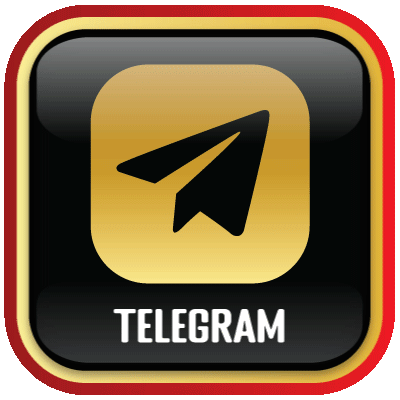e-games

Caribbean Stud Poker

Classic Keno 10

Classic Keno 8

Classic Bola Tangkas

Bola Tangkas
sabung ayam

WS168



















































































































































